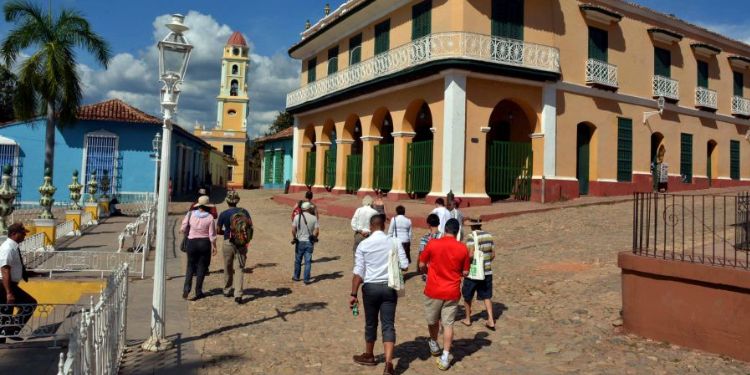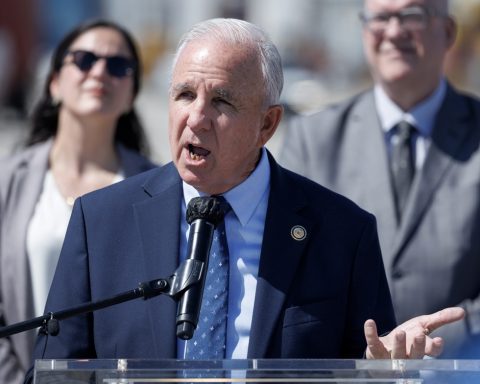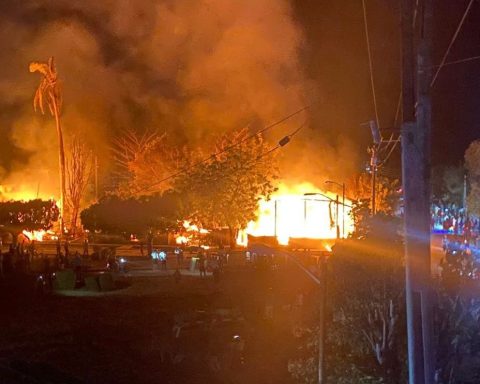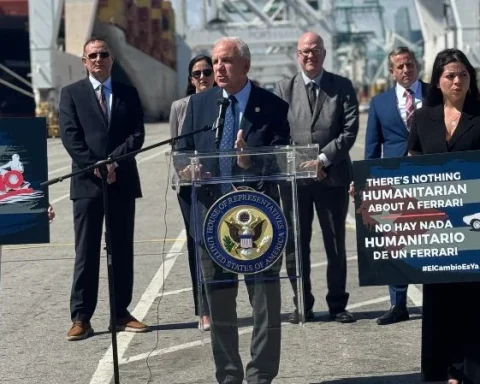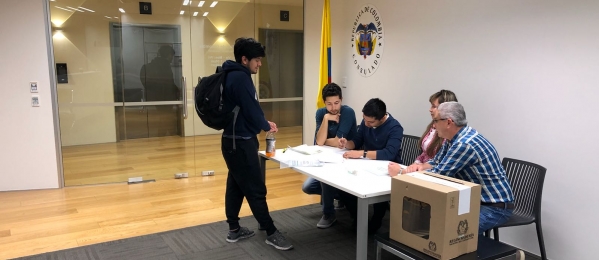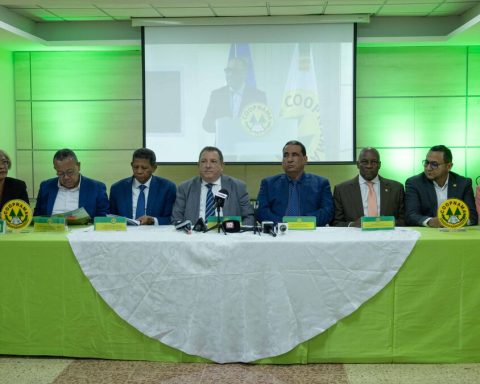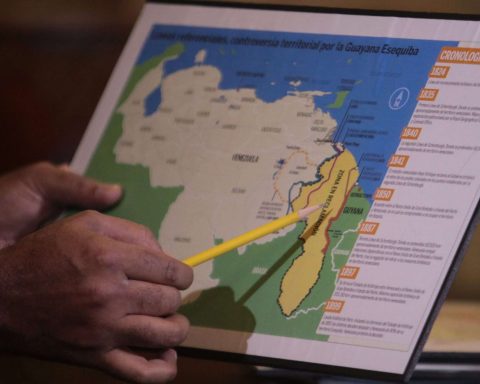Havana Cuba. – The general crisis that Cuba is going through would not be new if it were not hitting hard the sector that supposedly would help to take off an economy stuck since 1959. Despite the projections of the regime, which still hopes to receive 2.5 million foreign visitors this year, the truth is that tourism does not give positive signs. To the war in Ukraine and the global effects of COVID-19, we must add the very poor quality of services, which places the largest of the Antilles below competitive standards in the region.
A few days ago a video was circulating on social networks in which a group of Cuban and foreign tourists protested at the Neptuno hotel (Miramar) due to the lack of bottled water, since there was none at the facility or in the surrounding businesses, including those that sell freely convertible currency (MLC). If it was alarming to see that the essential drink is scarce on the Island even for those who have foreign currency, it was embarrassing to hear the justifications of one of the Neptuno workers, who, far from trying to appease customers and find a way to correct an error that is absolute responsibility of the hotel, behaved with the usual rudeness and arrogance that characterizes everyone in Cuba who holds a minimum of authority, from a minister to a winemaker.
It is difficult to explain to a visitor that there is no water available, not even boiled and filtered as it is offered in some hotels in Varadero. But that is not a justification to publicize the “Cuba destination” without clarifying to tourists about this delicate matter. You can already see them retracing the streets of Havana under an inclement sun, sweaty and red, asking everywhere if they sell water, exposing themselves to scams, risking consuming impurities in sealed bottles with the Ciego Montero label, a practice of the that many foreigners have been victims, with disastrous consequences for their health and their vacations.
Seeing tourists going through so much work in a hot, dirty country, miserable even in the little things, with a bland and faded nightlife, makes one wonder why they come, who recommends this expensive and decadent destination where not even the water it is guaranteed. Young and old alike fall into the trap; but in the case of young people the shock is remarkable because they are not satisfied with remaining within the four walls of the hotel. They want to get to know the city, but they come across dilapidated buildings, endless queues, withered, noisy, poorly dressed people; self-conscious about poverty impossible to overcome and fed up with preferential treatment for tourists. Therefore, deep down they are happy to see them like this, on the verge of fainting, stomping a bottle of water and having to settle for a Coke or a Sprite, if they are lucky. Many have been forced to quench their thirst with beer, even if it is not their custom, nor do they want it.
Today, doing city tourism in Cuba is literally contemplating old stones. The lack of options is overwhelming. In hotels, the discomfort of poor service and the feeling of having wasted money, whether you are a foreigner, emigrant or self-employed person who made a tremendous effort to pay for a “real” vacation for your family, break the charm from the first day, and since there is no refund, then resign yourself, at least the children have a good time.
Several Cuban-American friends, who force themselves to come once a year to be with their family, insist that the key to not bursting with indignation in Varadero and at least enjoying the beach is to keep expectations low. Only in this way can they remain balanced in the face of the monotonous supply of food and the deterioration of facilities that were iconic at the time.
Meliá and Iberostar hotels have been made available to low-income tourism, where Cubans (from here and there), Latinos, Russians, clueless Europeans and retired Canadians classify. Even those spaces have reached the crisis, regardless of what customers paid too much. Rooms in poor condition, mediocre gastronomy and lack of hygiene are the order of the day in user complaints. Now the scarcity of drinking water is added, and that already exceeds the limit of what is tolerable.
What happened at the Neptuno hotel is not an isolated event. Bottled water has become one more nightmare for the private sector, which must buy it in the network of stores in MLC, when it appears, and also compete with the demand from hotels.
The regime, so far, has not made reference to the serious situation. Meanwhile, Cuba continues to metamorphose into an inhospitable land, where in addition to being hungry, people are very thirsty; a martyrdom that tourists suffer as soon as they set foot on Antillean soil and discover that the Island of rum, cigars and folklore is really a faded postcard on an olive green background.
OPINION ARTICLE
The opinions expressed in this article are the sole responsibility of the issuer and do not necessarily represent the opinion of CubaNet.
Receive information from CubaNet on your cell phone through WhatsApp. Send us a message with the word “CUBA” on the phone +1 (786) 316-2072, You can also subscribe to our electronic newsletter by giving click here.
